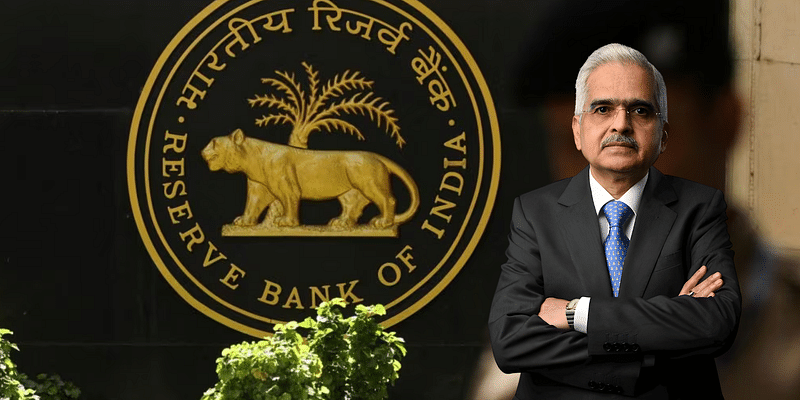How this social entrepreneur is transforming the villages of Ladakh by introducing eco-friendly and sustainable solutions
Her emails were hacked and data stolen by hackers. But this did not deter Neha Upadhyay from helping villagers in Ladakh lead a sustainable agrarian lifestyle.
In 2012, Neha Upadhyay was living her dream. After pursuing a master’s in Human Resources Management and Organisational Analysis at King’s College in London, she worked as a research and development officer at Mossbourne Community Academy analysing behaviours and eating habits of students with juvenile diabetes.
However, tragic news reports of farmers committing suicide every half hour - one of India’s biggest national catastrophes, was unsettling and she decided to return home. Despite being the backbone of Indian economy, farmers across the country were faced with debt, crop failure, and drought, among other things.
Hailing from a family of agriculturists, she felt it was time to work in this sector, and help farmers out of their misery, in whatever way she could.

Neha Upadhyay, Founder of GUNA Organics
Reviving agrarian society
Neha started studying about organic sustainable agriculture and farmers’ plight in India by enrolling for Earth Democracy course in 2015 at Navdanya Beeja Vidyapith, also known as the Earth University in Uttarakhand.
In 2014, she invested Rs 40,000 from her savings to conduct workshops to raise awareness on the plight of farmers, the significance of organic farming, and eating local food in villages of states like Haryana, Maharashtra, and areas bordering Delhi. This formed the foundation for her social enterprise, GUNA Organics.
It was at one such workshop in a Ladakh village she organised on the invitation of a friend, that she discovered that the region was badly hit by floods in 2010 and was trying to revive itself by following organic and sustainable livelihoods.
After the workshop, Neha decided Tamachik would be the first eco-model village of Ladakh today.
Of the experience, she says, “The farmers were having a hard time driving sales because merchants from Delhi refused to market their products, stating they didn’t want to take orders from faraway places. They doubted timely delivery from Ladakh to Delhi and the farmers were disheartened.”
To correct this, Neha started forming self-help groups, teaching them compost making, and also introduced new product lines of barley, apricot nut and oil, other seeds and dry fruits. After securing a fund of $50,000 from UNDP’s Global Environment Facility’s Small Grant Programme, she built a website for GUNA and started marketing their products.
She works with farmers from 10 villages in Ladakh, which sells both through B2B and B2C models. They supply to big chains like Hyatt, and the products are also available at the Altitude Store and gourmet stores in metros.
The products are priced between Rs 400 and Rs 600, while market price for similar products like apricot oil is usually around Rs 1,100.
Neha also started bringing in change in terms of hygiene and post-harvest management. “We procured a low cost solar dryer developed by a local scientist Tashi Namgyal, as opposed to the dryers from outside that cost around Rs 50,000 to Rs 60,000. The villagers were happy to be using innovation made in Ladakh itself,” says Neha, recipient of Social Impact Award in India 2017 from the British Council.
Additionally, the machines they earlier used needed to be stationed in the hills which caused several accidents when the farmers walked down the slope, carrying their products. The current locally sourced portable dryer eliminated all these challenges.
Lessons in social entrepreneurship
While Neha’s initiative may have gone a long way in impacting livelihoods in Ladkh, the journey was not without its fair share of challenges. Unfortunately, in June 2019, she lost a team member to brain tumor.
Recalling one of the biggest challenges as an entrepreneur in 2018, she recalls, “I was working on some projects and had lots of data. As a small organisation, we were using our mobile phones and iPad to take pictures. Two of my emails were hacked, as was my Facebook account. Hackers read my emails and stole attachments. They were shamelessly stealing all information, downloading all my data from my laptop and computers and the cybercrime officials did not intervene.” She received threat calls from the hackers as well.
Neha says that what kept her going was the love and affection the villagers bestowed on her. At present, the entrepreneur is dividing her time between guiding the farmers in Ladakh and distributing rations and sanitary napkins to migrant workers at a railway station in Delhi.
All her challenges have led her to one strong learning. “Be mindful of who you trust, work and share information with. Make sure you have a MoU in place, enough funds and invest in good systems, operations and procedures in place,” she advises.
Edited by Rekha Balakrishnan












